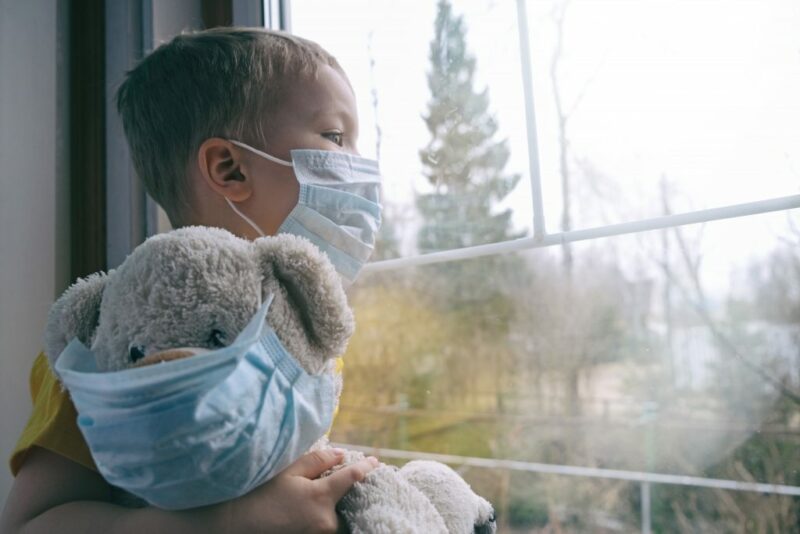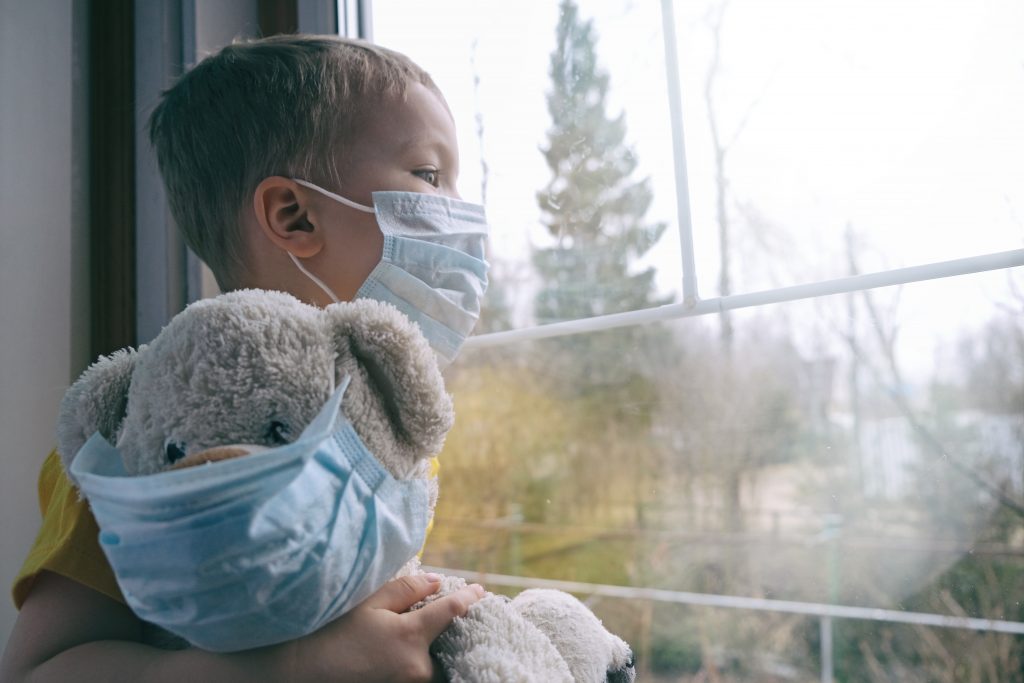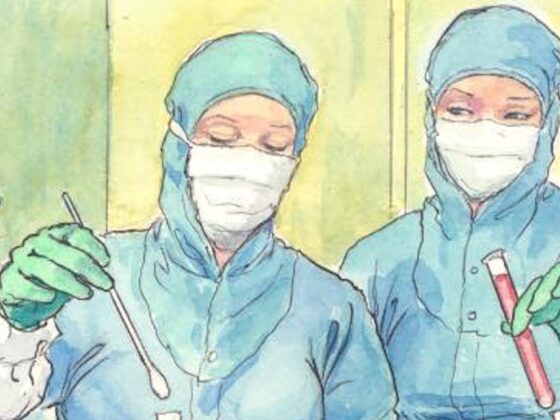While a deeper knowledge about the impact of COVID-19 disease on cancer patients is essential, sharing information is likewise important. For these purposes, a number of registries, which gather different data including patients’ outcomes or treatment, are being set up around the world.
The first global COVID-19 registry dedicated to children with cancer was launched recently by St. Jude Children’s Research Hospital (Memphis, Tennessee) and the Society of Paediatric Oncology, and is available on the website “The Global COVID-19 Observatory and Resource Center for Childhood Cancer”: «We invite health care providers worldwide to voluntarily report any patient with a malignancy or prior hematopoietic stem cell transplant aged 19 years or younger at the time of a laboratory-confirmed SARS-CoV-2 infection», reads the page of registry on the website.
A special section shows current positive COVID-19 cases reported, differentiated by diagnosis, age, sex, and localisation; the update of 05/20/2020 displays a total of 109 cases in 19 countries. Clinicians can describe cases, without identifying patients, by filling out a detailed online form.
Additional reports, the 30 Day Followup – and the 60 Day Followup at later time when needed – are sent by email after the initial description. Another tool provided by the website is a “resource library” collecting various types of information on COVID-19 in childhood cancer. Moreover, health care providers may discuss and share information through a “collaboration space”.
St. Jude’s registry adds to similar experiences such as the TERAVOLT (Thoracic cancERs international coVid 19 cOLlaboraTion), the COVID-19 and Cancer Consortium and the American Society of Clinical Oncology, created to better understand COVID-19 in immunosuppressed cancer patients, which appear to be a population at risk, at least the adult patients.
Carlos Rodriguez-Galindo, chair of the department of global pediatric medicine at St. Jude, explained that the number of COVID-19 cancer children appears small, like observed in China or Europe, and the disease less severe. The new registry will help to clarify the situation. Rodriguez-Galindo said he plans to coordinate with European countries that have registries and with professionals in lower- and middle-income countries. One of the key points of registry specifies that «the pediatric hematology/oncology community will be provided with regularly updated summary information about reported cases, including numbers of cases by country, number of cases by treatment, etc., so the entire childhood cancer community has access to these data.»












